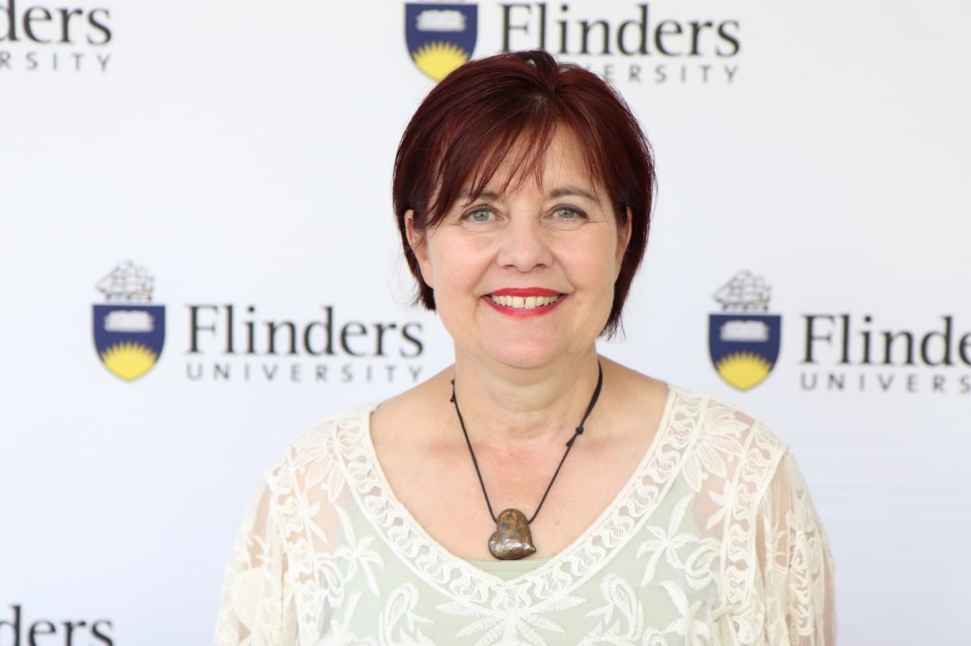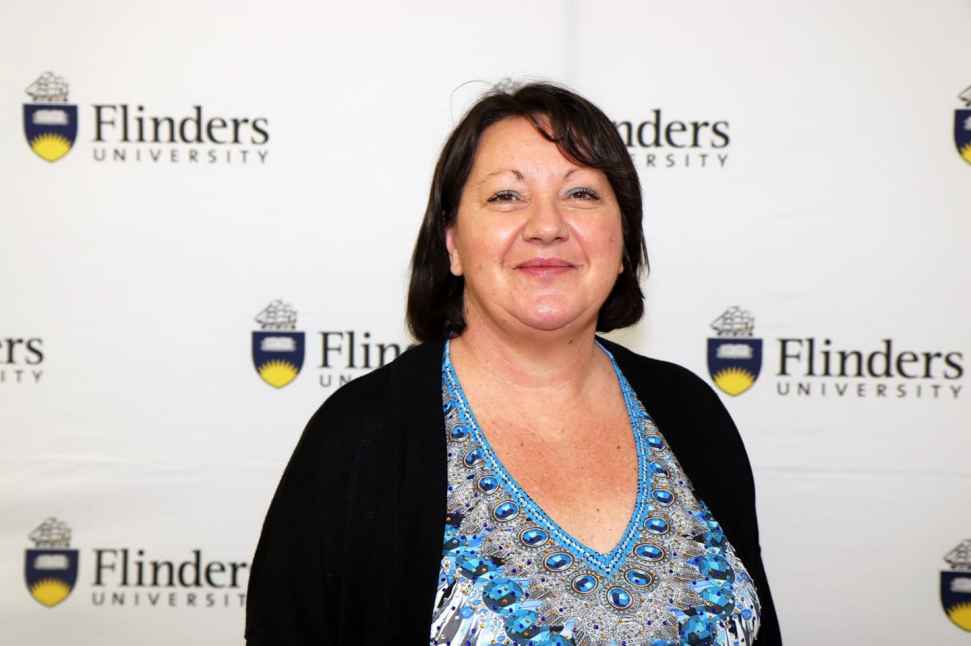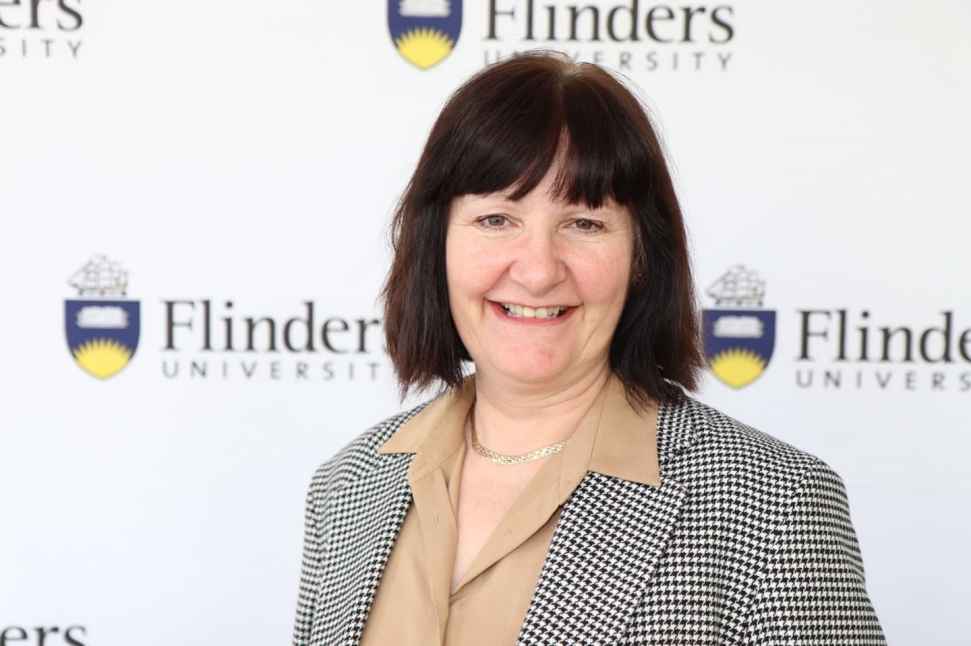HEALTH CAREERS
HEALTH CAREERS
Our nurses have proved they’re ready to take on the biggest challenges and you could join them.
What does a career in nursing look like?
This rewarding and fast-paced profession brings many rewards, none more fulfilling than touching people’s lives and providing care when it's needed most. No day is the same for qualified nurses – they tackle different challenges and health concerns at every turn, but with that comes high-level job satisfaction.
Nurses don’t just work in hospitals. They thrive in a huge variety of settings and are part of multidisciplinary healthcare teams within schools and higher education facilities, government and non-government facilities and within industries such as the defence force, research and academia.
Employment growth

Australian Jobs 2019
Potential occupations
- Acute care nurse in variety of settings such as medical, surgical, orthopaedics, oncology, cardiology, paediatrics
- Critical care nurse in intensive care or high dependency
- Flight nurse
- Rural and remote nurse specialist
- Nurse practitioner
- Emergency nurse
- Mental health nurse
- Aged care nurse
- Community health, child health and general practice nurse
- Case coordinator
- Health promotion nurse
- Nurse researcher
- Injury management officer
- Clinical nursing specialist
- Nurse educator in areas such as diabetes
- Policy leader
Potential employers
- Hospital wards, emergency departments or intensive care units
- Mental health specialist units
- Residential aged care facilities
- Hospital in the home and community nursing organisations
- Children’s hospitals and paediatric wards
- Child and family health clinics
- Operating theatres, day surgical units and cardiac investigation units
- A general practice or local council health service
- Work health and safety departments for industry, mining, and manufacturing
- Education or research in hospitals, institutes, colleges, and universities
- Local, state, and federal government or departments of health in policy and public health roles
- Private schools, armed forces and aid organisations
This degree is currently undergoing reassessment with the Australian Nursing and Midwifery Accreditation Council. Graduates of this degree are eligible to apply for registration with the Nursing and Midwifery Board of Australia as registered nurses.



Why study Nursing at Flinders?
- We enjoy partnerships with over 60 industry venues and organisations including local health networks, aged care service providers, and public and private hospitals.
- Our nursing program is packed with industry experience and placement opportunities in laboratories, hospitals and a variety of clinical venues in rural and metropolitan SA and the Northern Territory.
- We also offer an experience with the Royal Flying Doctor Service allowing students interested in working in rural and isolated areas a chance to work with aeromedical crews.
- Almost 1000 hours of work placement are built into the undergraduate Nursing degree with rewarding opportunities to make industry connections, build practical skills and experience a variety of settings.
- Our Healthcare Simulation Centre allows you to develop invaluable hands-on practical skills and work together in a real-world multidisciplinary environment. The high-tech simulation lab mirrors real life situations to prepare you for work in hospitals, surgeries, and health care settings.
- This intensive practical learning allows you to develop clinical reasoning skills through case-based learning.
- Our teaching staff model the principles of our profession to instil the values needed in a solid nursing career. Our approachable staff often form close and long-lasting relationships with their students.
- We offer the opportunity for you to undertake your nursing studies at a rural campus in the beautiful Riverland region, or at our metropolitan campus at Bedford Park.
- Flinders students are highly skilled in problem solving through placements and simulated activities. Our graduates enter the workforce confidently and ready to tackle all challenges a career in the health sector may bring and are well-equipped to deliver patient-centred care in a team of health professionals.
- Our graduates have gone on to have many and varied roles within health, research and academia and many are international leaders in their field.
- Flinders graduates have an excellent reputation within the health industry.
- Many of our teaching staff are also active researchers and members of Flinders University’s Caring Futures Institute.
- We ensure all our programs always have the latest evidence-based learning outcomes.

Academic Lead: Associate Professor Susanne Pearce
Susanne has more than 20 years’ experience working for Queensland and South Australia Health, as well as the University sector in a variety of teaching, evidence practice and research positions.

Undergraduate Course Coordinator: Associate Professor Pauline Hill
Pauline has more than 30 years’ experience in nursing and tertiary education with a clinical background in endocrinology and surgical nursing. Pauline works closely with staff, industry and professional partners to deliver a quality Bachelor of Nursing program.

Postgraduate Course Coordinator/Undergraduate Student Experience Coordinator: Dr Yvonne Parry
Yvonne is an internationally recognised child and adolescent nursing expert. The paediatric registered nurse and former after-hours hospital manager conducts acute care and community-based research that aims to improve professional practice in complex social systems, making major contributions to the improvement of health care.

Nurse Practitioner Course Coordinator: Toni Slotnes-O’Brien
After 27 year career in Registered Nursing, Toni joined Flinders University in 2013 with a desire to enhance nursing care and encourage post graduate studies in nursing. Toni is a Lecturer- Teaching Specialist (Clinical Practitioner) with expertise as an Endorsed Nurse Practitioner and Credentialled Diabetes Educator. Toni also runs Diabetes services at our purpose-built on-site interprofessional clinic Health2Go.

Diabetes Management and Education Course Coordinator: Dr Lea Sorenson
Lea is a Teaching Specialist (Clinical Practitioner) in Diabetes and Course Coordinator for the Graduate Certificate of Primary Health Care (Diabetes Management and Education). After a 30 year career in diabetes encompassing lead clincial and management roles, service development, clinical research and health professional training nationally and internationally, Lea joined the University as an Adjunct Senior Lecturer in 2013. She is now turning her career towards academia to focus on enhancing the training and development of diabetes educators of the future.

Postgraduate Student Experience Coordinator: Bridget Henderson
A career spanning 30 years in emergency nursing and burns nursing and as a keen educator Bridget has now commenced a career in academia at Flinders University. Bridget is a member of the Australian Defence Force (ADF) and is currently the Clinical training officer for 3 Health Support Company 17 Brigade. The ADF affords Bridget many opportunities to expand nursing skills and knowledge with many challenging medical support tasks and excellent training opportunities.
Placement Education Coordinator: Leanne Pront
A registered nurse, Leanne is is the placement education coordinator in Nursing for Flinders. Leanne engages with students, educators , industry partners and government bodies to secure fantastic placement opportunities for all of our nursing students.
Frequently asked questions
There are no required pre-requisite topics. However, we do recommend students undertake biology and maths in year 12.
Yes. 2019 employment projections for the five years to May 2024 show the Registered Nursing profession is projected to grow 11.7% Australian Labour Market Information Portal.
This degree is currently undergoing reassessment with the Australian Nursing and Midwifery Accreditation Council. Graduates of this degree are eligible to apply for registration with the Nursing and Midwifery Board of Australia as registered nurses.
If you are studying full time (18 units per semester), you would normally need to spend approximately 2 and a half to 3 days on campus to attend compulsory classes such as laboratories, tutorials and workshops.
Nursing is not run within the normal university semester, therefore students will need to be available all year round.
There is no standard semester or mid-year break for nursing.
Yes. Placements may occur at any time of the year and will include shift work (including night shift and public holidays) across a seven-day week roster.
It is recommended that you do not book holidays or make travel arrangements until your placement has been confirmed. Placements occur in a full-time block format attended over several weeks. Placement topics in the Bachelor of Nursing program range from 2 to 8 weeks in length.
More information on placements can be found on the following link
Yes, all students are expected to complete at least one rural placement during their program. A rural venue is defined by the Australian Statistical Geography Standard Remoteness Areas 2-5.
Yes, you will be required to be vaccinated to meet pre-placement requirements.
Yes, if you are completing the three-year pre-registration program the maximum time you have to complete the program is 6 years.
Nurses who hold an Australian Diploma of Nursing qualification or equivalent may be eligible for a maximum of 36 units of credit. Psychiatric/mental health/mental deficiency nurses may be eligible for credit based on previous qualifications and work experience.
The current pandemic situation (COVID-19) will affect many aspects of your study, from topic availability on campus to how your classes are delivered. For detailed information about the impact of COVID-19 on your study please refer to the Coronavirus (COVID-19) information page.
- Applications are completed via SATAC
- Visit: www.satac.edu.au
There is a range of alternative ways to gain entry to most undergraduate courses besides meeting the minimum required ATAR.
Details of other pathways can be found at flinders.edu.au/study/pathways
These include:
- Doing the uniTEST, an aptitude test designed to assess the generic reasoning and thinking skills you need to be successful in university-level studies. As a year 12 student, you can use uniTEST results in combination with your ATAR to increase your opportunity to gain entry into any of our courses, with the exception of the Bachelor of Clinical Science/Doctor of Medicine.
- You can apply through SATAC to sit the Special Tertiary Admissions Test (STAT), held in June.
- You can also consider applying for courses with lower requirements, as many courses will allow you to transfer once you have completed a specified amount of the course. This is done through Flinderslink. If you accept an offer at another university and perform well, you can use your grade point average (GPA) to transfer to Flinders University. You may even be eligible for credit.
- Aboriginal and Torres Strait Islander applicants can gain admission to Flinders University through the Indigenous Admissions Scheme flinders.edu.au/study/pathways/indigenous-admissions-scheme
I am an
International Student
Australia or New Zealand.
I am a
Domestic Student
I'm an Australian Permanent Resident
(including Humanitarian Visa holders).
![]()
Sturt Rd, Bedford Park
South Australia 5042
South Australia | Northern Territory
Global | Online



